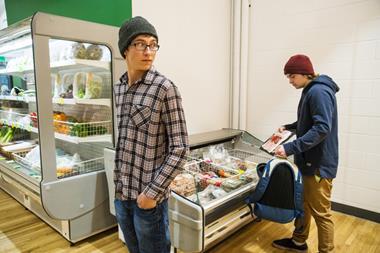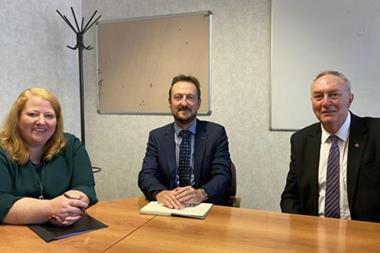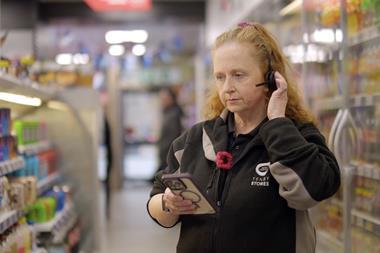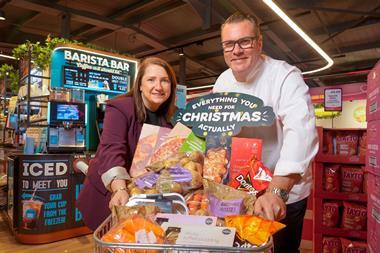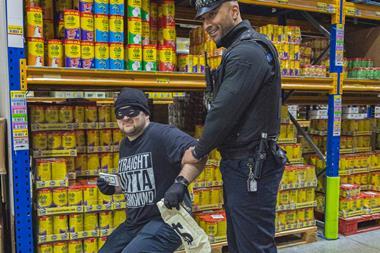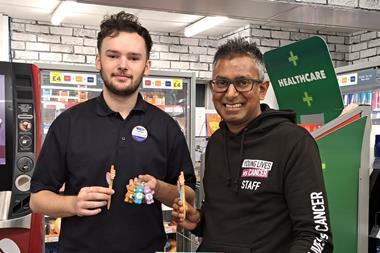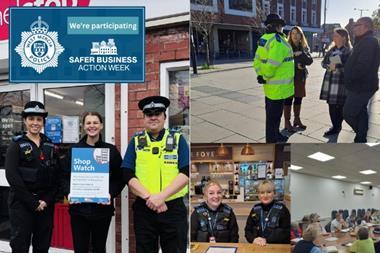“It’s a cry for the industry to wake up” – store owner’s plea to retailers after hammer threat
By Jake Kennedy2024-09-26T14:54:00

Amit Puntambekar took to social media this week, deciding enough was enough
ALREADY HAVE A REGISTERED USER ACCOUNT? PLEASE LOG IN HERE
To read the full story join the ConvenienceStore.co.uk community today!
Registration is quick and easy and provides access to:
- Unlimited ConvenienceStore.co.uk articles
- Our great range of newsletters
- Content you’ve saved for later via the ‘my library’ feature
And much more…
Related articles
More from Community
Unlimited Access + Newsletters
Register today to gain unlimited access to articles and to receive our great range of email newsletters.






















